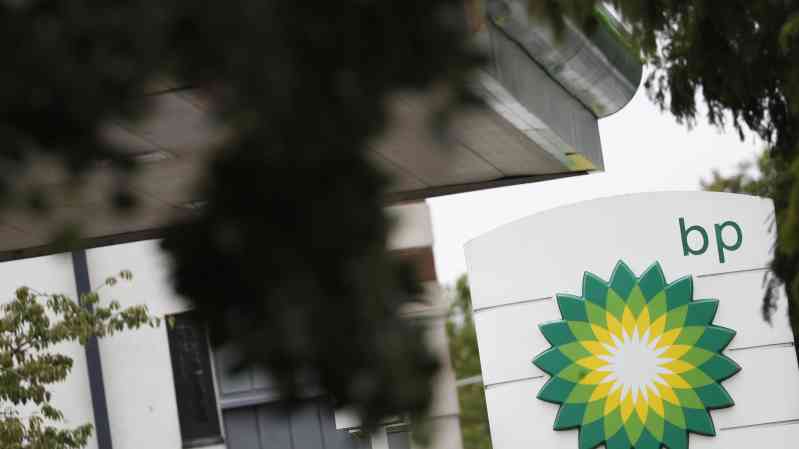BP claims to have rejected almost 100 gigawatts of poor-value renewables investments as it tries to convince the market that it is discerning in its green spending.
The oil major has come under scrutiny over whether it can deliver promised returns to investors while aggressively expanding into wind and solar power, especially after bidding record high prices to enter the UK offshore wind sector in February.
It is chasing an ambitious target set last summer of developing 50GW of renewable capacity by 2030 — equivalent to the entire renewable capacity of the UK — and has an interim target of 20GW by 2025.
One analyst said there was “a perception that BP will buy anything in renewables, and that they’ll overpay for it”. Dev Sanyal, the BP executive responsible for its low-carbon business, admitted that the targets had been “quite a steep mountain in front of us”, but added: “One of the things I’m very proud of is we’ve actually rejected many more deals, almost 100 gigawatts of opportunities, as we pursued the deals we have pursued, because we think the mantra of value and volume is incredibly important, not just one or the other.”
As of the end of the first quarter, BP’s renewables pipeline has expanded to just over 17GW.
In February BP and EnBW, its partner, jointly agreed to pay the Crown Estate £462 million a year for offshore wind leases in the Irish Sea, saying that they anticipated making the payments for four years before taking a final investment decision, and having the wind farms operational in seven years.
RenewableUK, the industry body, has warned that projects awarded leases in February may struggle to get built by 2030 because of delays in grid connections and planning processes. This could require BP to pay extra years of fees. Sanyal declined to say if the company had been offered a grid connection date, but said it was “making progress on that” and had “complete confidence” that it could deliver on the timescales set out in February.
